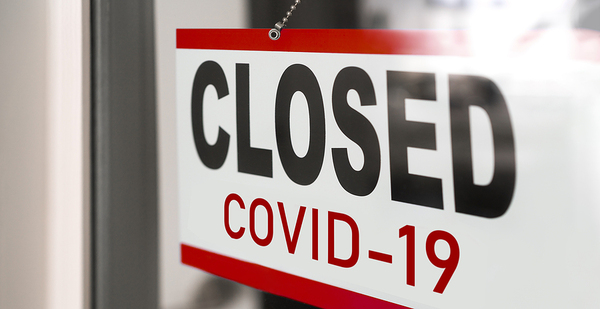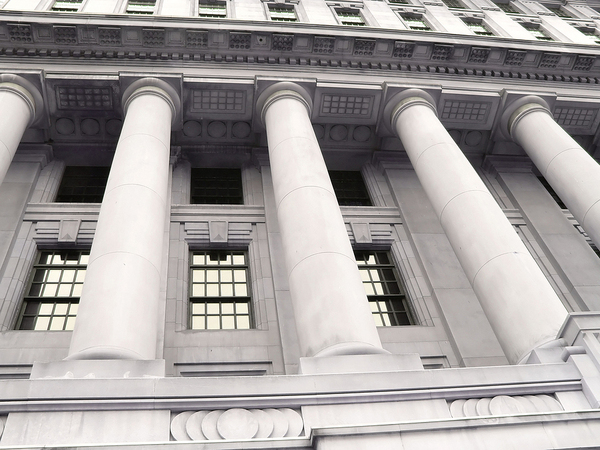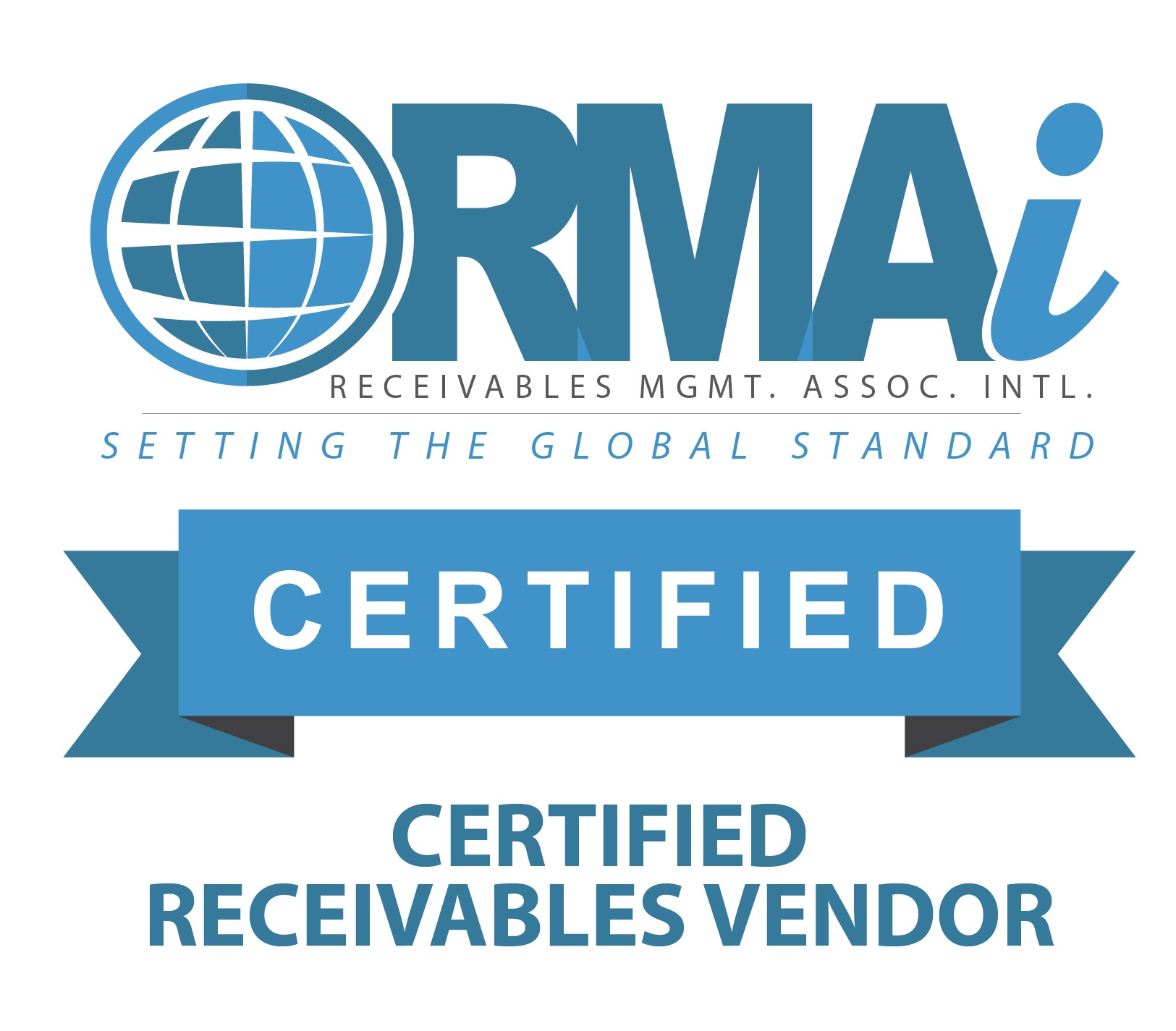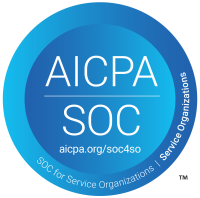View Sale Announcement Detail


Archived news
EXCERPT: The PPP comes with plenty of risk, complexities, and compliance issues for institutions holding them. Banks may want to sell these assets to the many willing buyers out there to avoid this risk and see immediate gains.
 Many small businesses have experienced dire financial losses stemming from the coronavirus pandemic, forcing them to tap into various government assistance programs to help bail them out.
Many small businesses have experienced dire financial losses stemming from the coronavirus pandemic, forcing them to tap into various government assistance programs to help bail them out.
The financial impact of the coronavirus pandemic on small businesses has prompted the government on federal, state, and municipal levels to come out with various assistance programs to help keep businesses up and running. The Paycheck Protection Program (PPP) is one of them and was designed to offer small businesses some incentive to keep their staff on payroll. But the program is already proving to be a burden for banks.
The rescue program, whereby the Small Business Administration (SBA) will forgive loans if all staffing criteria are met, has been met with a slew of complaints. Some issues include special treatment for certain clients, inundation of calls to call centers, and missing documentation, among others things. With a third wave of funding around the corner, more issues will likely arise. And banks holding these loans may find themselves with more problems than they'd care to deal with.
Complications and Uncertainty of the PPP
For banks, there is an inherent risk in keeping these loans. To start, loan forgiveness is a complicated process that is costly to administer. But avoiding loan forgiveness and the participation in PPP is also not an ideal option, as failing to do so leaves a stain on banks' reputation that can negatively impact the public's trust in them.
Further, it takes a significant staffing effort to process these loans, placing banks at operational risk. And banks that are participating in the PPP can be stuck with bad loans if the paperwork isn't perfect.
Banks are seemingly stuck between a rock and a hard place.
The program has been launched quickly in response to the financial crisis many small businesses are facing as a result of the pandemic. But the final guidance for the program wasn't rolled out until just hours before the PPP became available, giving banks barely enough time to prepare.
 The PPP was put in place to provide financial assistance to small businesses suffering as a result of the health crisis, but these assets are proving to be problematic for banks holding them.
The PPP was put in place to provide financial assistance to small businesses suffering as a result of the health crisis, but these assets are proving to be problematic for banks holding them.
The SBA and the Treasury Department have established rules about how the program is to work, requiring lenders to change their operational processes. The majority of banks have come up with their own practices on how to handle PPP loan applications. But any mistakes made throughout this process could have negative ripple effects into the future.
If the past says anything about the potential implications of participating in PPP, it's that uncertainty, and costly issues can ensue. That's precisely what happened with the Troubled Asset Relief Program (TARP) that was launched in 2008 to help dig the financial system out from the Great Recession. Over a decade later, the Sigtarp has launched criminal investigations that have led to several fines and convictions among bankers.
Banks Encouraged to Sell Off PPP Loans
As a result of the inherent operational risk and complexities of holding PPP loans, many banks are selling them off. Others may want to follow suit to avoid risk and realize immediate gains, and there are plenty of buyers out there for assets like these. Prices for this product vary greatly, which is why having a seasoned loan sale advisor is recommended.
Garnet Capital can help your institution find the right buyer and sell at the best price to increase your yield.
Sign up for our newsletter today.







